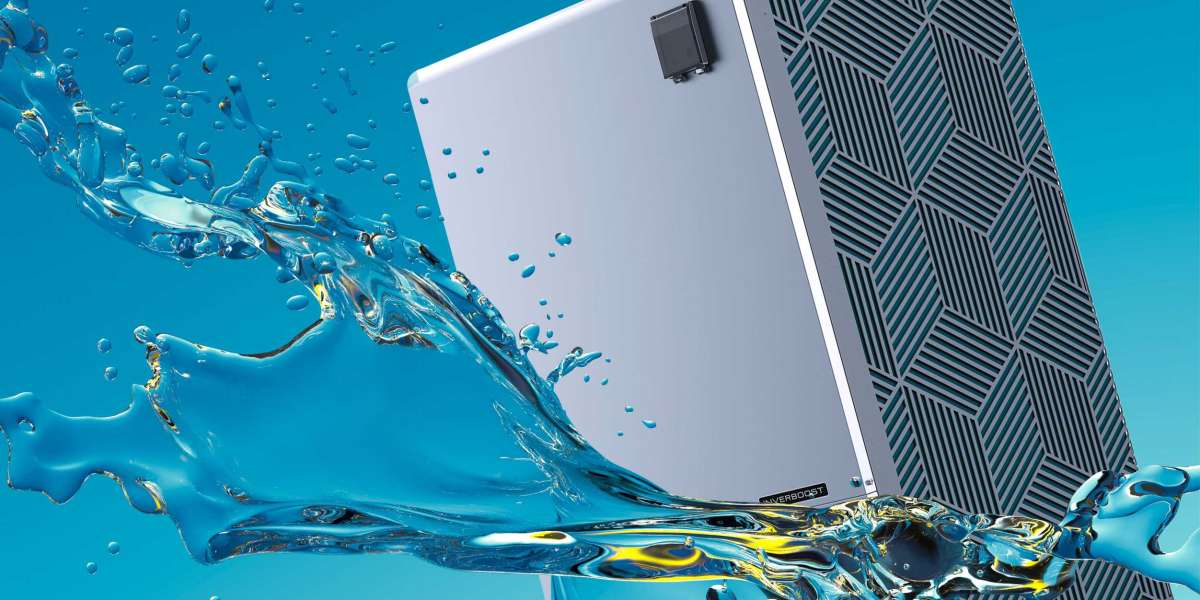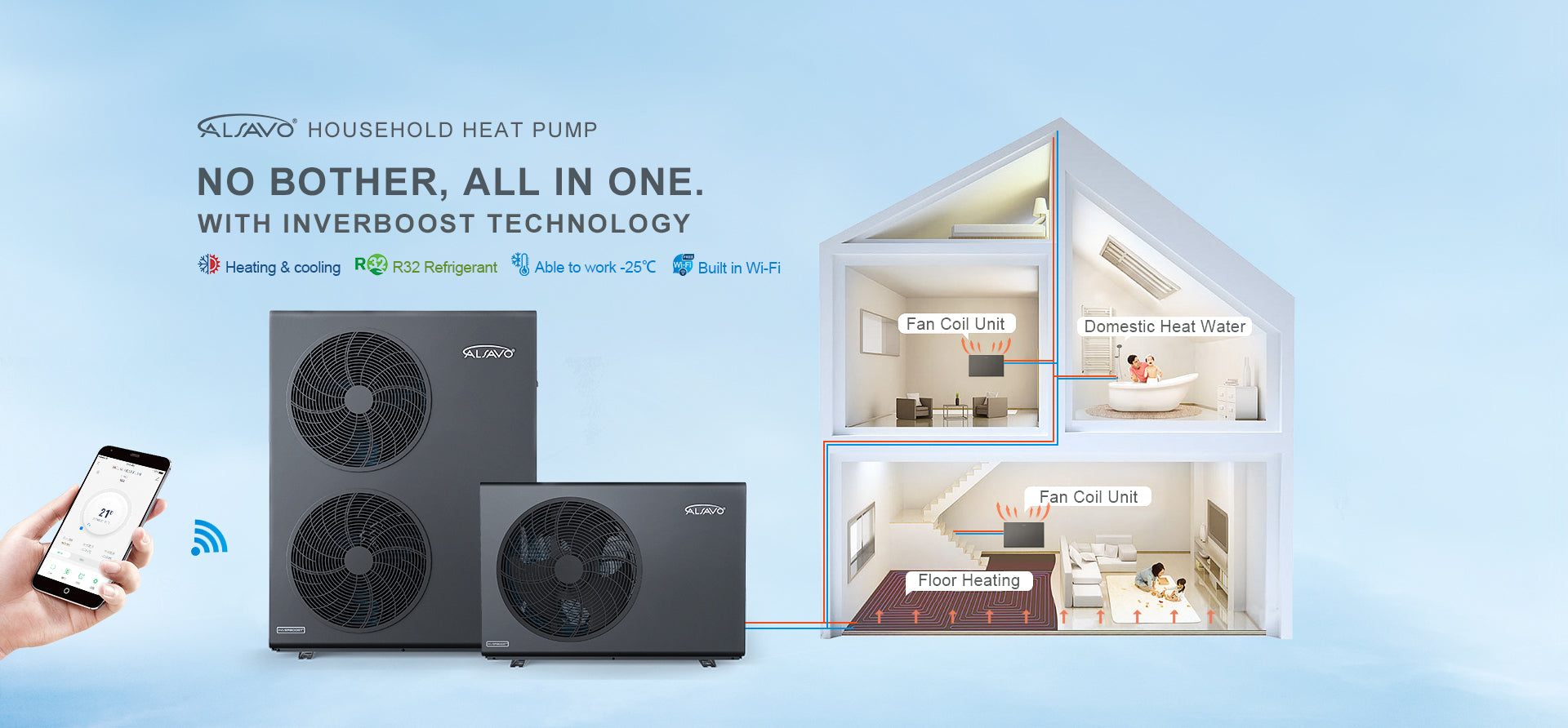5 Tips to Keep Pool Warm and Reduce Pool Heating Costs
How to Reduce Pool Heating Costs
Lowering costs doesn't mean lowering quality. Pool owners can reduce heating costs while still keeping pool warm
Pool Heaters
Solar water heaters and pump heaters are the most cost-effective way to heat pool water. They use less energy to operate and will save you quite a bit of money on your monthly energy bill. In addition to continuing to reduce pool heat pump costs and energy consumption,no matter what kind of heater you use, gas heaters will work too.
5 tips
to learn how to cut your pool heater costs and reduce your carbon footprint
1. Reduce Pool Heating Costs With Liquid Solar Covers: Protect your pool from the sun with a liquid solar cover that contains cetyl alcohol. Cetyl alcohol is commonly found in cosmetics and acts as a thickener for water surfaces. These molecules bond together and form a thin layer on the water's surface that absorbs heat and blocks UV rays. Liquid solar covers can reduce pool evaporation by 50%.
2. Solar Blankets: Solar blankets reduce pool heating costs A solar blanket that does double duty - heating and insulation. The sun's ultraviolet rays passing through the air bubbles in the sun blanket heat the water, raising the temperature by more than 10 degrees. When light enters the solar blanket, it captures the sun's energy to heat the pool, keeping the heat in the water and preventing evaporation. Solar blankets also keep humidity levels low in indoor or enclosed pools.
3. The sun ring:Sun rings made of heavy-duty, UV-resistant vinyl are relatively rare in the insulation market. They last longer than solar blankets and are easier to install and remove. Large 5-foot diameter rings are clamped together with magnets and held to the pool water. You can connect 1 or more devices, depending on the size of your pool. Offering better insulation than solar blankets, and being easier to use, solar sun rings are a more advanced way to cut pool heating costs.
4. Install the windshield:The wind is the most likely to cause heat loss in the pool, which can reduce the temperature of the pool by a few degrees in a short period of time. Block the pool from the wind in one direction with a hedge, a solid fence, or other strong wind-blocking structure. Even low fences and hedges can be used to keep out the wind. But be careful not to block the view of the pool from the house, it is not safe as the pool heater needs to be supervised while it is in use.
5. Install the pool cover:A winter pool cover, even a mesh pool cover, can significantly reduce heat loss. Pool covers are the most cost-effective way to reduce heat loss and pay for themselves in a short period of time. The automatic pool cover made of PVC thickened vinyl keeps out dirt and debris while retaining heat. It's uncommon to use a winter safety cover over your pool in the summer, but it's a great way to keep pool heating costs down, keep your pool clean, and keep outsiders from using it.
Heat pump companies The above tips are the result of my personal experience of using swimming pool heating and maintaining the temperature of the swimming pool. I know there are more other ways to keep the temperature of the swimming pool from weakening and reduce energy consumption. Welcome to add Of course choose a good heat pump manufuturer is also very important.Good pool heat pump products can save a lot of time and energy during use, especially the inverter swimming pool heater, which can change the power measurement as the temperature of the swimming pool rises and falls, which is very energy-saving reduce pool heating costs

 pool heat pump manufacturer
pool heat pump manufacturer heat pump companies
heat pump companies





